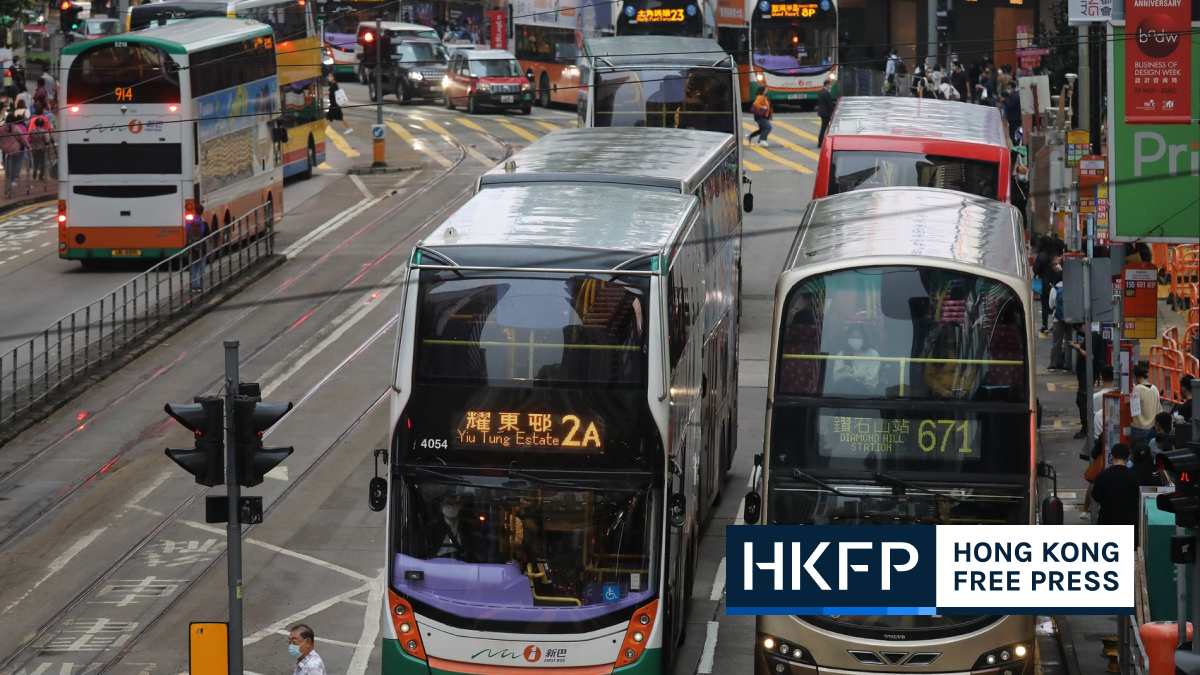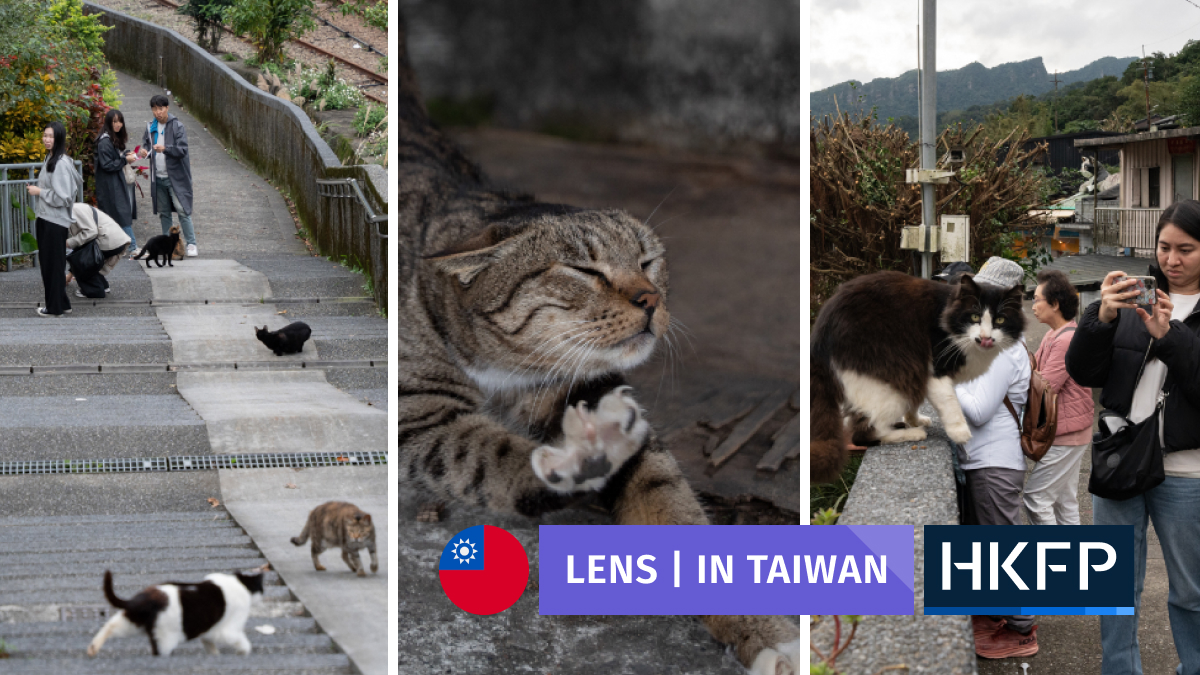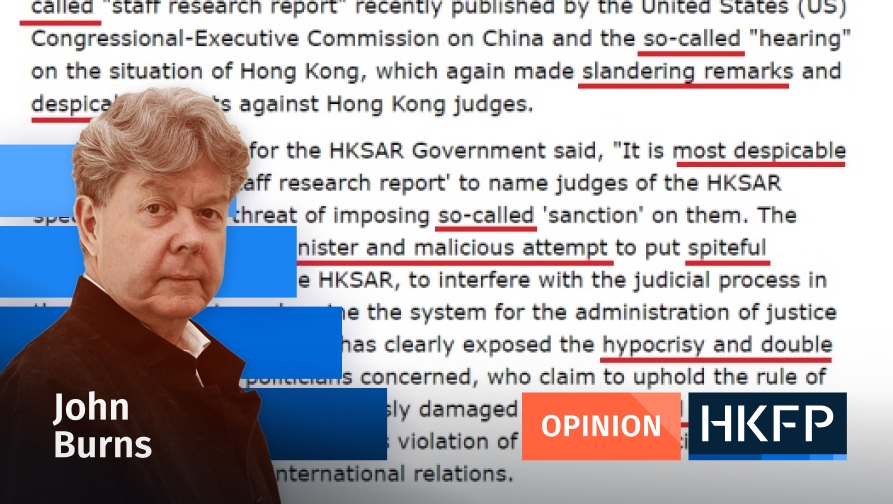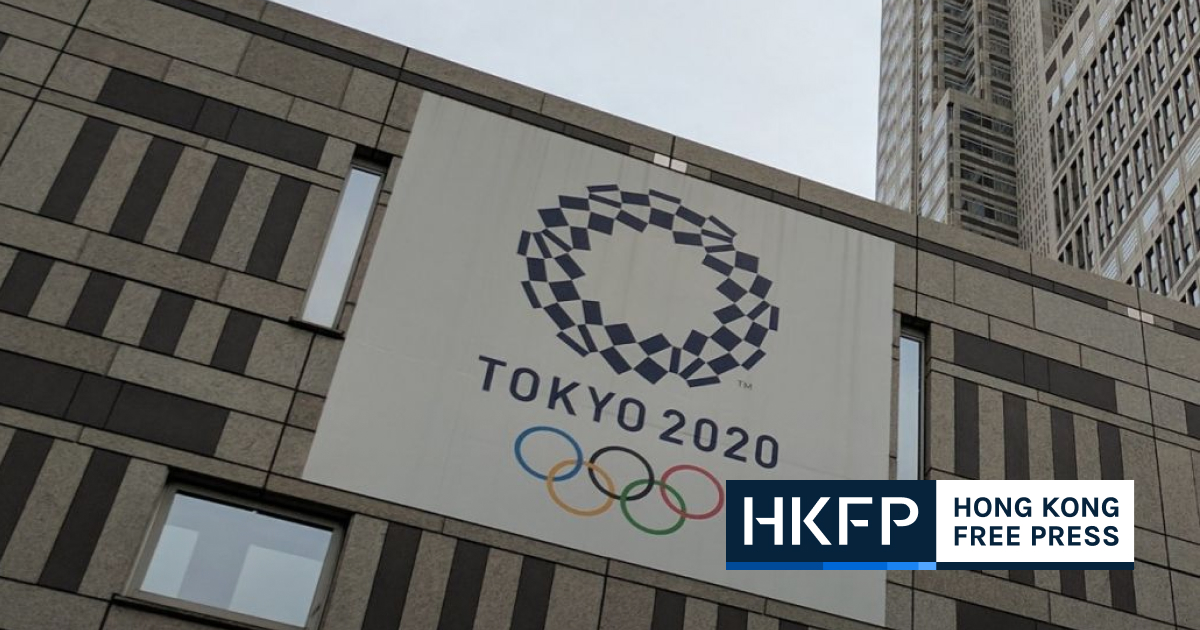A Hong Kong pollster has said that it will scrap about a quarter of its usual survey questions and make private the results of some others, with those relating to the Tiananmen crackdown among the affected topics.
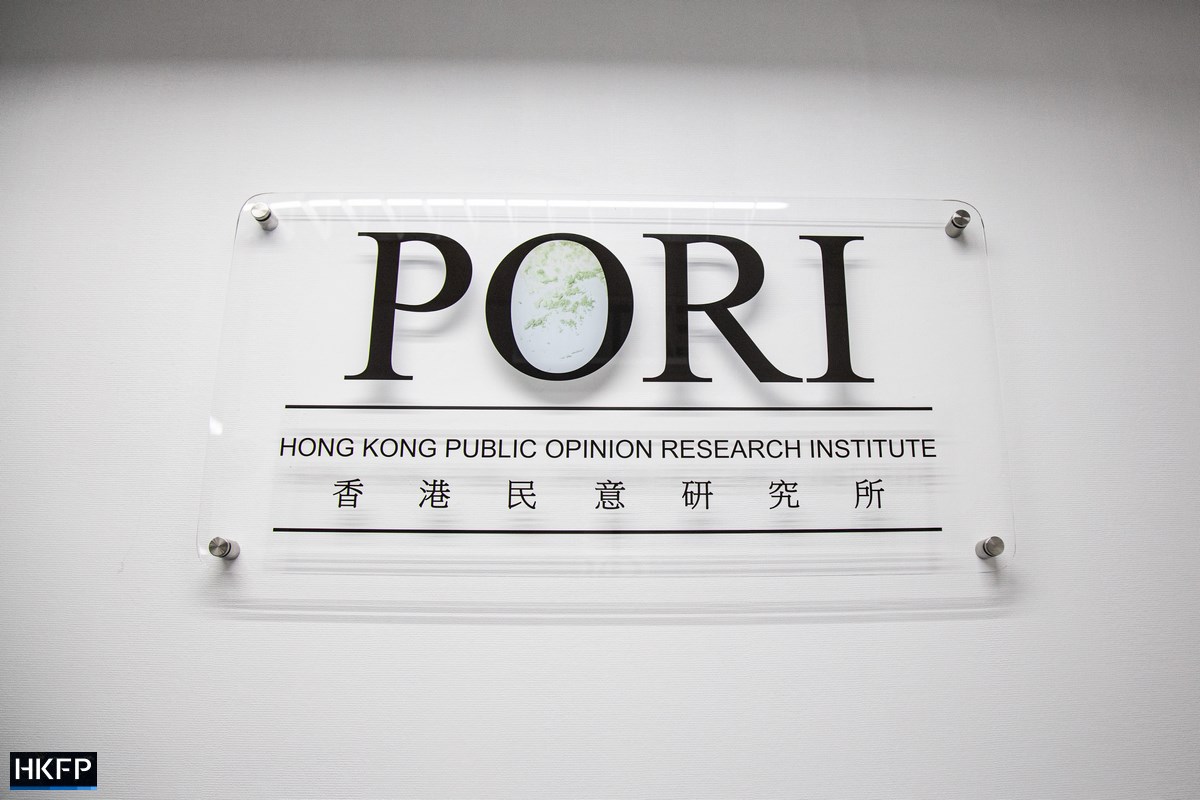
The announcement came weeks after it cancelled the release of survey results on Hongkongers’ views of the Tiananmen crackdown, citing “suggestions” made by “relevant government department(s).”
The Hong Kong Public Opinion Research Institute (PORI) said in a statement on Tuesday that it had “tentatively decided to cancel” about one-fourth of its regular survey questions. Of those that will still be asked, the results of around one-third will no longer be made available publicly, and will only be for internal or research use.
The affected questions include those related to the Tiananmen crackdown, cross-strait issues, the Handover, the city’s disciplinary forces and ratings of lawmakers and other officials, according to the pollster’s statement. Other topics the pollster listed – ethnic identity, global awareness and “some social indicators” – were unrelated to local politics.
Robert Chung, the president and chief executive officer of PORI, told HKFP that the topics mentioned in the statement were “likely to be questions kept but moved into the private domain.”
“But the number of questions for each topic may also be trimmed. We will announce our final plan next month,” he added.

PORI currently conducts more than 30 regular surveys on the popularity of top officials, views on government policies and other topics. The “June Fourth Incident” poll asked respondents whether they thought Beijing students and the Chinese government “did the right thing.”
That day, a military crackdown ended months of student-led demonstrations in China. A candlelight vigil was held yearly in Hong Kong on the crackdown’s anniversary until recent years amid the enactment of Beijing’s security law.
The annual poll, which began in 1993, also asked respondents if they supported a reversion of the “official stand” on the June 4 Incident.
In a statement published on Tuesday, PORI said people could reach out to obtain the data that will no longer be freely available.
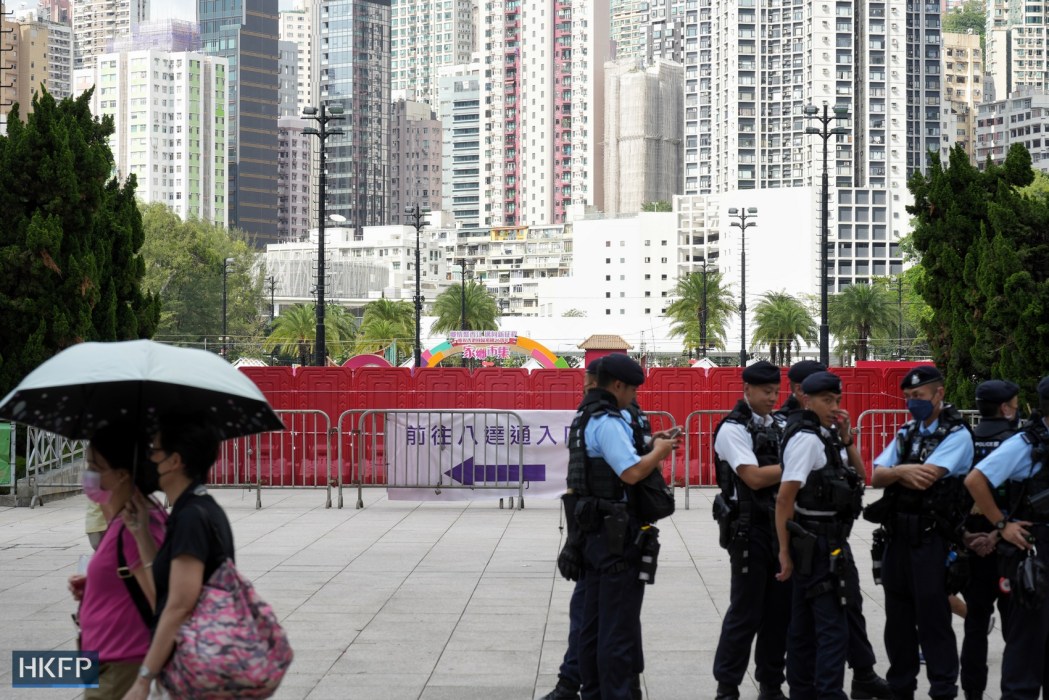
“People from all walks of life… are welcome to contact us on how to use our unpublished data legally for collaborative projects or commissioned studies, in order to promote civic education and empirical-based professional analysis,” it wrote.
The pollster also said it would set up an academic research team to develop its analysis of secondary data collected over the past three decades.
‘Risk assessment’
In early June, PORI said it was unsure if it would run the survey on the public’s views of the Tiananmen crackdown next year. The comment was made when the pollster revealed that it was advised by “relevant government department(s)” to cancel the sharing of its June 4th Anniversary Survey Report based on a “risk assessment.”
The pollster told HKFP at the time that it was neither told – nor did it enquire – whether the “risk assessment” was related to the national security law or the sedition law.
When asked on Tuesday if the cancellation of the survey results’ release was related to the announcement about the topic curbs, Chung did not answer directly.
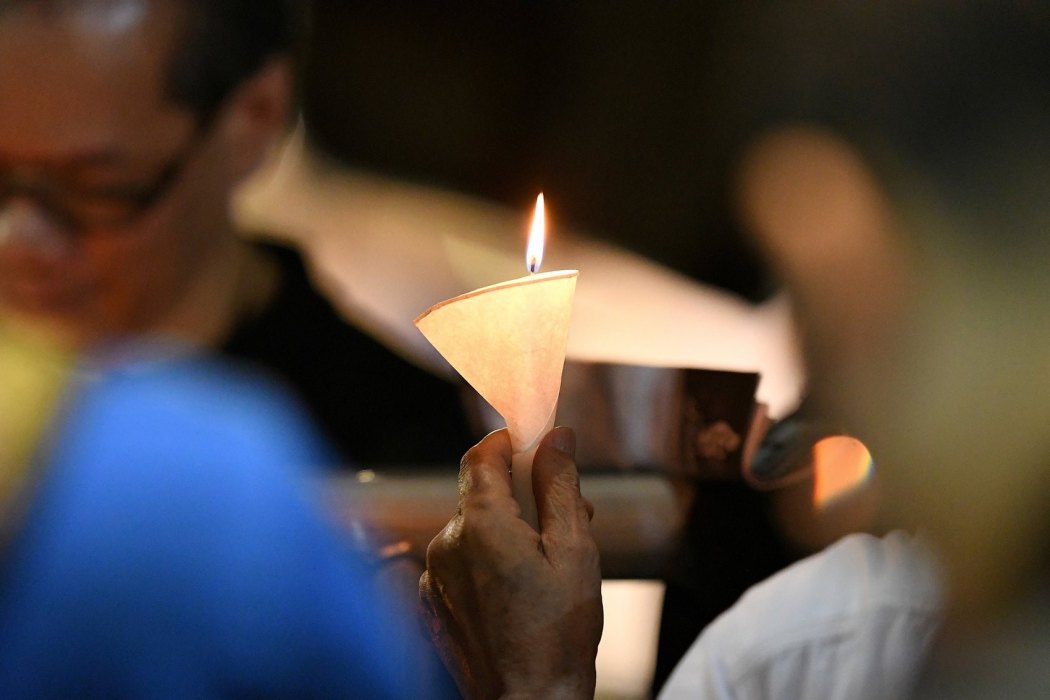
“We take into consideration a variety of factors including the demand for opinion data, the historical development of Hong Kong society, the role of HKPORI in promoting science and democracy, as well as previous suggestions made by relevant government department(s) based on their risk assessment,” he said, echoing the pollster’s statement.
In June 2020, Beijing inserted national security legislation directly into Hong Kong’s mini-constitution – bypassing the local legislature – following a year of pro-democracy protests and unrest. It criminalised subversion, secession, collusion with foreign forces and terrorist acts, which were broadly defined to include disruption to transport and other infrastructure.
The move gave police sweeping new powers, alarming democrats, civil society groups and trade partners, as such laws have been used broadly to silence and punish dissidents in China. However, the authorities say it has restored stability and peace to the city.
Support HKFP | Policies & Ethics | Error/typo? | Contact Us | Newsletter | Transparency & Annual Report | Apps
Help safeguard press freedom & keep HKFP free for all readers by supporting our team

LATEST FROM HKFP
HKFP has an impartial stance, transparent funding, and balanced coverage guided by an Ethics Code and Corrections Policy.
Support press freedom & help us surpass 1,000 monthly Patrons: 100% independent, governed by an ethics code & not-for-profit.




